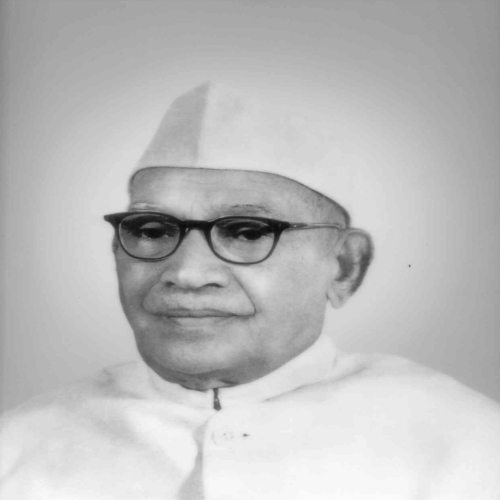Early Life
Thanu Pillai was born on 15 July 1885 in Thiruvananthapuram, Kerala. A. He graduated with a Bachelor of Arts degree and taught at a school in Thiruvananthapuram. Subsequently, he was appointed as Deputy Chief in the State Agriculture department while studying law and teaching simultaneously. After receiving his law degree he practiced as an advocate in Thiruvananthapuram. During this time, Pillai took part in protests against police brutality and actively spoke against British rule. Later, he abandoned legal practice to join the Indian National Congress.
Role in India’s Independence Movement
There isn’t enough information about Pillai’s participation in the independence movement. However, considering his position as State Congress President for nearly 14 years (from 1938), it is plausible that he had some role in Congress’s freedom movement activities.
Contribution to Constitution Making
Pillai joined the Constituent Assembly as a representative of the Princely State of Travancore. In the Assembly, he spoke on matters relating to federalism.
Later Contributions
After India gained independence, he served as the first Prime Minister of Tranvancore’s newly democratic government and was a member of the Travancore Legislative Assembly (1949-1956). He was elected as the Chief Minister of Travancore-Kochi between 1954-1955. Due to differences in opinion, Pillai left the Congress in 1954 and joined the Praja Socialist Party.
A few years after Travancore merged with districts of Malabar to form the new state of Kerala, Pillai was elected as the Chief Minister of Kerala (1960-1962).
Later, he served as the Governor of Punjab (1962-1964) and the Governor of Andhra Pradesh (1964-1968).
He passed away on 27 July 1970.
- Pillai’s contributed to the debates around the division of power between States and the Union. In one such intervention, he was concerned about the Draft Constitution placing ‘lands, minerals and other things of value’ under the Union control.
- He wanted Parliament to adopt progressive laws that were already in operation in the States.

